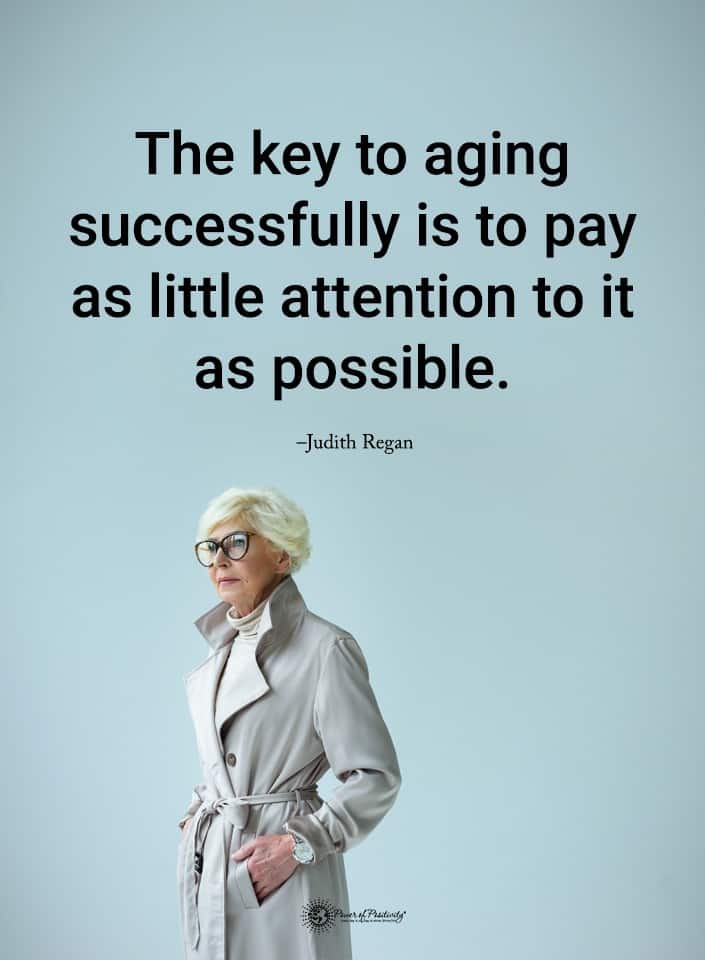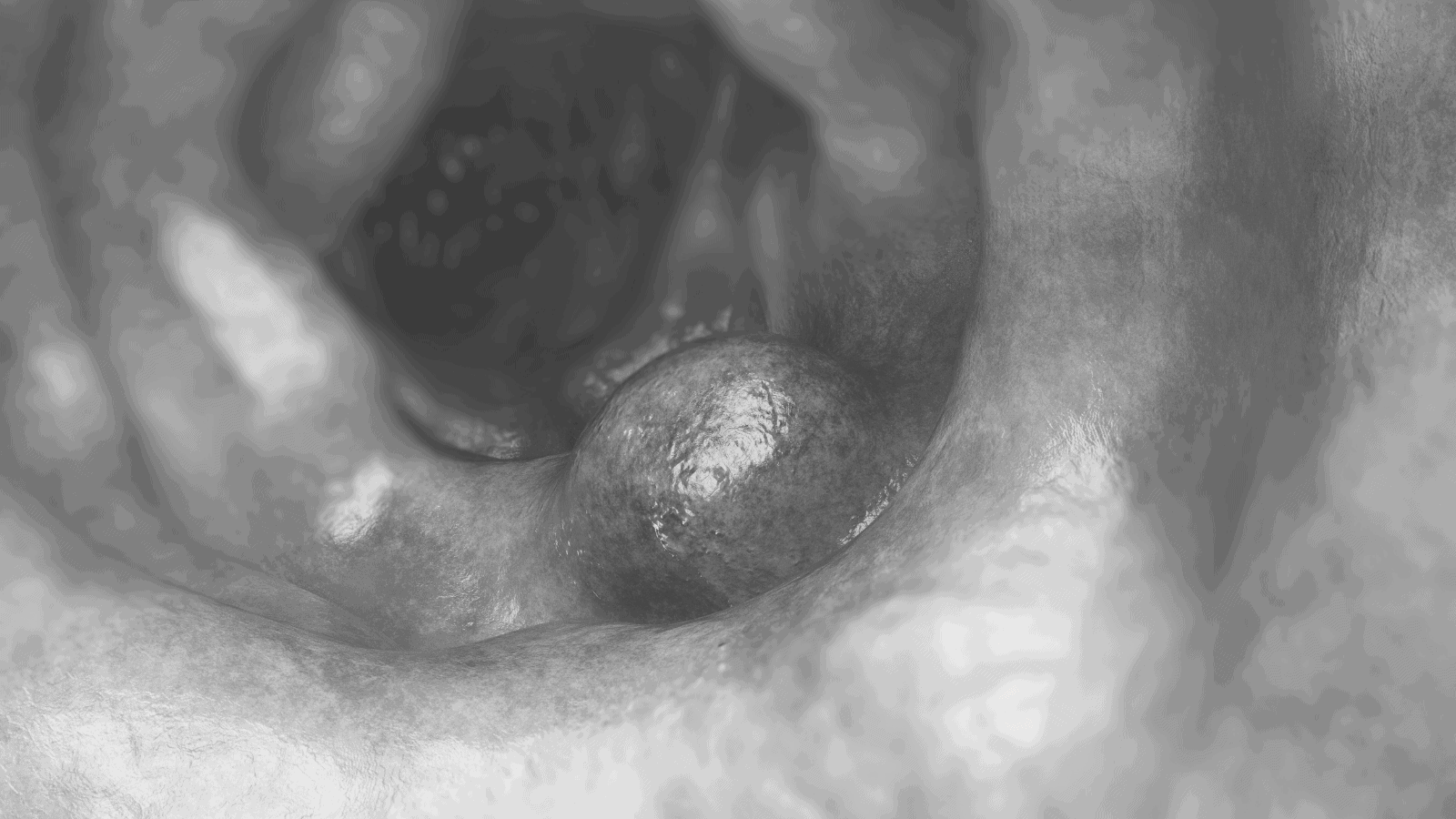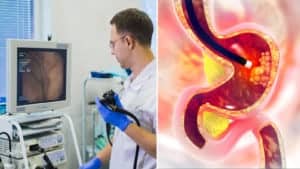The world was heartbroken by the death of Chadwick Boseman. However, the most common reaction was shock and confusion at learning that he’d died of colorectal cancer. No one except for his close family knew. It was an event that the world wasn’t prepared for. Perhaps the most confusing part of the whole ordeal is the fact that Chadwick Boseman was only 43 years old when he died.
According to the Centers for Disease Control (CDC), this cancer most commonly occurs in people that are 50 years old or older. It’s the third most common cancer-related cause of death in the United States. However, it’s highly survivable with early detection.
Chadwick Boseman was young for death from this type of cancer. This fact goes to show how important it is for everyone to be screened for colorectal cancer as early as possible. It shouldn’t be thought of as just an elderly person’s disease.
What is Colorectal Cancer?
Colorectal cancer is a form of cancer that can be in the large intestine (colon) or the rectum. It’s often called colon cancer or rectum cancer for short (these terms will be used interchangeably for the rest of the article).
This particular cancer begins with polyps (a collection of small lumps) that may occur in the colon or the rectum. These polyps are often benign, meaning non-cancerous. However, some can turn malignant, meaning cancerous. For this reason, doctors recommend getting polyps removed as soon as possible.
Colorectal Cancer Statistics
Diagnoses of colon and rectum cancers have been on the decline over the past few decades. This news also means that the deaths from these cancers are also on the decline. However, when you do a breakdown by age and race, the statistics can be surprising.
Breakdown by Age
Chadwick Boseman’s age is partly what made his death from colon cancer seem unreal. It used to be that this cancer rarely showed up before 50 years of age. Despite an overall decline in colon cancer cases, the cases among people under 50 are on the rise. The American Cancer Society estimates that 12% of colon and rectum cancer diagnoses will be in people younger than 50 years old in 2020.
Here are some other age-related statistics:
In 2011 to 2016, cases:
- dropped by 3% per year in people ages 65+
- rose by 1% per year in people ages 50 to 64
- rose by 2.2% per year in people under 50
In 2008 to 2017, death rates:
- declined by 3% per year in people ages 65+
- reduced by .6% per year in people ages 50 to 64
- increased by 1.3% per year in people under 50
Unfortunately, Chadwick Boseman was a victim of that increase for people under the age of 50 years old. With the rates on the rise for young people, it’s more important than ever to get a colonoscopy (a screening for colon and rectal cancers) as early as possible.
Breakdown by Race
While age is the most crucial factor when it comes to colon and rectum cancers, the statistics on race show which groups are most at risk. Here are some statistics about the rate of new diagnoses of colon and rectum cancers by race in 2017 from the CDC:
- Black people had the highest rate at 40.4%
- White people had the second-highest rate at 36.3%
- Hispanics were 32.5%
- Indigenous people were 29%
- Asians were at 28.5%
The percentages for the Black community are particularly alarming because they make up such a small percentage of the population. Blacks only make up 13.4% of the people in the United States. Yet, they have almost half of all colon and rectal cancer cases in the country.
This huge mismatch of numbers is thought to be because minorities don’t have access to adequate health care, so the polyps aren’t being caught before they become malignant. It’s true – the numbers are high among minorities. However, colon and rectal cancers are a big problem among all people.
Risk Factors of Colorectal Cancer
While the causes of colorectal cancer are unknown, there are risk factors that link to this particular cancer. Some risk factors can be avoided while others can’t. These risk factors include:
Unavoidable Risk Factors
Age is one of the unavoidable factors that was discussed earlier in the article. The median age for developing colon and rectal cancers is 68 years old. However, it can occur in much younger people.
Obesity and Diabetes
Obesity and type 2 diabetes, which are strongly associated with each other, can be a risk factor for the cancers. Research suggests that a lack of insulin, as well as a large waist circumference, increases the risk of colon cancer. This statistic is no surprise since these two issues also cause several other problems in the body.
A History of Polyps or Cancer
If you’ve had polyps or cancer before in your colon or rectum, this puts you at a higher risk of developing them again. This factor is true even if your doctor removed all the polyp or cancer, or even if they were benign.
Genetics
If you’ve ever heard someone say, “it runs in the family,” they’re referring to genetics. It seems that cancers can rampage through generation after generation in a family. It’s not fully understood how this happens, but it appears that inherited genes and shared environmental factors contribute to cancers being passed down through generations.
Inherited syndromes are risk factors for colon and rectal cancers. Two common syndromes are familial adenomatous polyposis (FAP) and hereditary non-polyposis colorectal cancer (HNPCC).
Avoidable Risk Factors
Avoidable risk factors are choices that you make in life that are unhealthy or unsafe. Despite them being risk factors, people make decisions to participate in unhealthy choices every day.
Diet
Researchers believe that eating a lot of red meats and processed meats can lead to colon cancer or rectal cancer. However, eating a fiber-rich diet full of fruit and vegetables can reduce your risk of developing cancers.
Substance Abuse
Substances like cigarettes, alcohol, and drugs can lead to an increased risk for cancers. Cigarettes are a terrible culprit – they’re full of chemicals that can ravage your body and cause many different types of cancers.
Signs of Colorectal Cancer
Early detection is the best way to beat colon and rectal cancers, so if you have any signs of the cancers, you shouldn’t hesitate to see a doctor. Signs of colon cancer can include these symptoms:
- Noticeable changes in your bowel movements
- Narrow stools
- Blood in the stool
- Abdominal discomfort
- Unintentional weight loss
- Diarrhea or constipation
- A feeling that the bowel isn’t empty
If you have these symptoms or a combination of them, don’t hesitate to see a doctor and request a colonoscopy. It’s much better to be safe than sorry. If you happen to have colon cancer or rectal cancer, catching it in an early stage gives you your best chance of beating it.
Stages of the Cancers
Researchers and medical experts may not know the exact causes of the cancers, but they have been able to divide them into stages. The stages are numbered from zero to four. Phase zero is sometimes not considered as having cancer. This means it hasn’t grown through the inner layer of the colon or rectum.
In stage one, colon cancer has grown through some layers of the colon or rectum. It hasn’t reached the lymph nodes or spread to other areas yet.
Stage two is divided into three parts. By the end of the third part, cancer may have grown to the outermost layer of the colon or rectum but has not spread to the lymph nodes or other areas yet.
Stage three is where things get scary. This stage is also divided into three parts. By the end of the third part, cancer grows through the last layer of the colon or rectum and next spreads to nearby lymph nodes.
Stage four is also in three parts. In this stage, cancer has spread to other organs or other parts of the body. Even if the tumors did not spread to the lymph nodes for some reason, extending to an organ automatically puts it in stage four.
Stages three and four are critical. In many cases, once cancer reaches this point, it can be lethal. Indeed, Chadwick Boseman wasn’t diagnosed until he was in phase three. He was in stage four when he died.
 Final Thoughts on Colon and Rectal Cancers in People Under 50
Final Thoughts on Colon and Rectal Cancers in People Under 50
Colon and rectum cancers can no longer be thought of as cancer that old people get. It’s clear from the breakdown by age and race that young people are developing these cancers at an alarming rate. It’s even worse for young minorities.
Beating colon or rectal cancers is possible with early detection. Doctors are starting to recommend that people get a colonoscopy at the age of 45 instead of 50. However, don’t be afraid to get one even earlier than that. It could mean the difference between life and death.



















